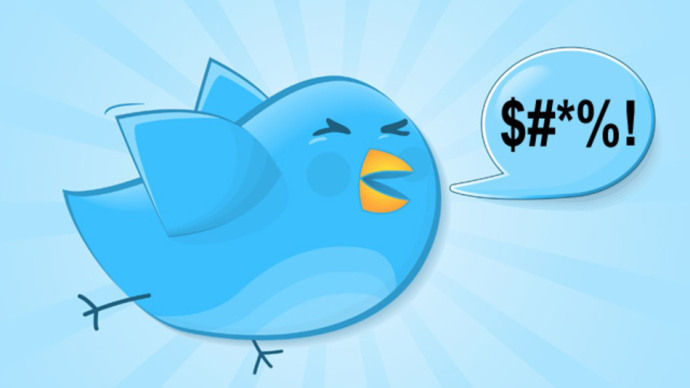June 2015
-
How Much Does Losing a Client Cost a Freelance Writer?
Have you ever taken the time to look back at your former…
-
Writing-related Tweets to End the Week on a Good Note
Not too long ago, I shared some writing-related tweets that I thought…
-
11 Compelling Ways To Humanize Your Content
Editor’s note: This post was written by Aby League, a qualitative researcher…
-
5 Things to Do When You’re Having a Particularly Bad Day
We all have bad days. You feel like you’ve run a marathon…
-
How to Go From Being a Freelancer to Founder
Becoming a freelancer is something that many people try at least once…
-
How to Create Your Home Office
Everyone knows that those who have chosen blogging careers working at home…
-
Why You Should Considering Submitting to a Blog Directory
Online portfolios are necessary for freelance writers, and one way to build…
-
Writing-related Tweets You’ll Want to Read Today
How active are you on Twitter? I don’t think it’s wrong to…
-
How to Start Writing in Retirement
Editor’s note: This post was written by Jennifer Parris, career writer at FlexJobs, the…










